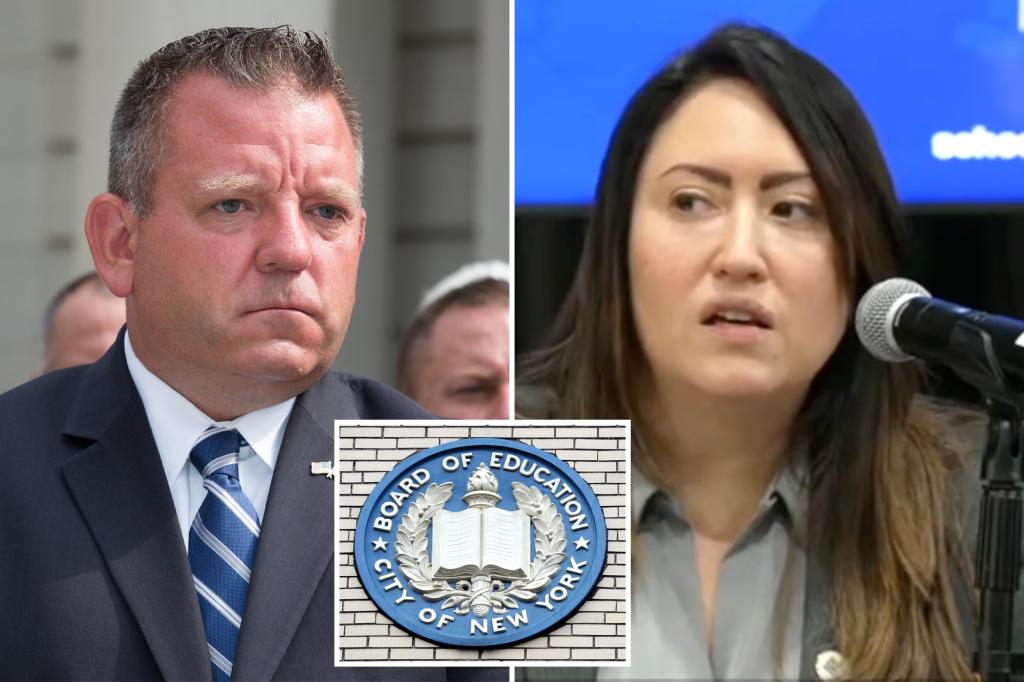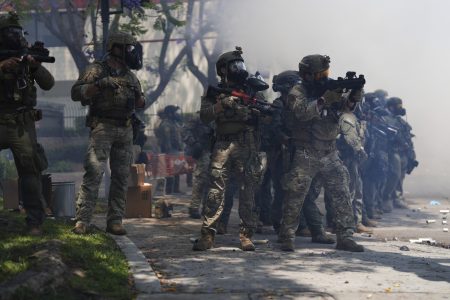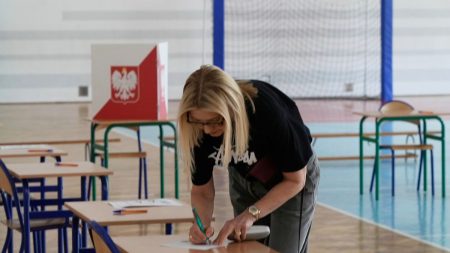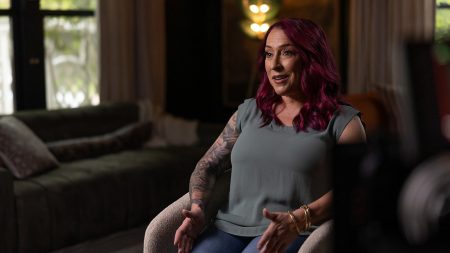The New York City Department of Education (NYCDOE) finds itself embroiled in a heated controversy surrounding special education services for private and homeschooled students. The dispute stems from a newly enforced deadline for submitting paperwork necessary to access Individualized Education Services Programs (IESPs). These programs provide crucial resources like physical and occupational therapy to children with special needs who are not enrolled in public schools. Approximately 3,000 families missed the deadline, initially resulting in the denial of these vital services. Following public outcry, the DOE reversed course and offered to reinstate the IEPs, but with a significant caveat: families must sign a waiver relinquishing their right to sue the city for any past or future discrepancies in service provision. This mandate has sparked accusations of “blackmail” and “coercion” from elected officials and advocates, who argue that the city is leveraging its power to circumvent its legal obligations to these vulnerable children.
The core issue revolves around communication and transparency. The NYCDOE acknowledges that the deadline for submitting the required paperwork—a crucial step in securing IEPs—was not effectively communicated to families, nor was it consistently enforced in previous years. This sudden shift in policy, coupled with the retroactive application of the deadline, caught many families off guard, leaving them scrambling to secure essential services for their children. While the DOE’s subsequent offer to reinstate the IEPs appeared to be a positive step, the attached waiver introduces a troubling new dimension to the conflict. By requiring families to waive their right to legal recourse, the city effectively shields itself from accountability for any shortcomings in its provision of special education services.
Critics argue that this waiver requirement places families in an untenable position. On the one hand, they desperately need the services provided through the IEPs to support their children’s development and well-being. On the other hand, signing the waiver means surrendering their right to challenge the city if those services are inadequate, delayed, or denied altogether. This creates a power imbalance, where families are forced to choose between accessing essential resources and safeguarding their legal rights. The DOE justifies the waiver by citing the potential for “hundreds of millions of dollars in liability through litigation,” suggesting that the city is prioritizing financial protection over the needs of its most vulnerable students.
The actions of the NYCDOE raise serious ethical and legal questions. Is it permissible for a government agency to impose such conditions on access to legally mandated services? Does this practice constitute coercion, effectively forcing families to relinquish their rights under duress? Legal experts and disability rights advocates are scrutinizing the legality of the waiver requirement, arguing that it may violate federal and state laws protecting the rights of children with disabilities. The city’s justification – the potential for substantial financial liability – does not negate its obligation to provide adequate special education services, nor does it justify circumventing due process.
The controversy has ignited a firestorm of criticism from elected officials, parents, and advocacy groups. Assemblyman Sam Pirozzolo characterized the waiver requirement as “blackmail and coercion,” accusing the city of manipulating vulnerable families. Assemblyman Mike Reilly echoed these sentiments, labeling the move “heartless and cowardly” and accusing the city of “gaslighting families.” City Councilwoman Rita Joseph, chair of the Committee on Education, expressed concern that the city is prioritizing bureaucracy over the needs of children with disabilities and called on Mayor Adams and the DOE to ensure the provision of legally mandated services without preconditions. These strong reactions underscore the deep-seated frustration and distrust that the DOE’s actions have engendered within the special education community.
The situation remains fluid, with the NYCDOE promising to publish an FAQ to clarify the waiver process for parents. However, this gesture does little to address the fundamental concerns surrounding the waiver requirement itself. The controversy highlights the ongoing struggle to ensure that children with disabilities receive the support and services they are entitled to under the law. The city’s actions raise troubling questions about its commitment to meeting its legal obligations and its willingness to prioritize the needs of vulnerable students over financial considerations. The outcome of this dispute will have significant implications for the future of special education in New York City and could set a precedent for how other municipalities address similar challenges. The fight for accessible and equitable special education services continues, with parents and advocates determined to hold the city accountable for its actions.










